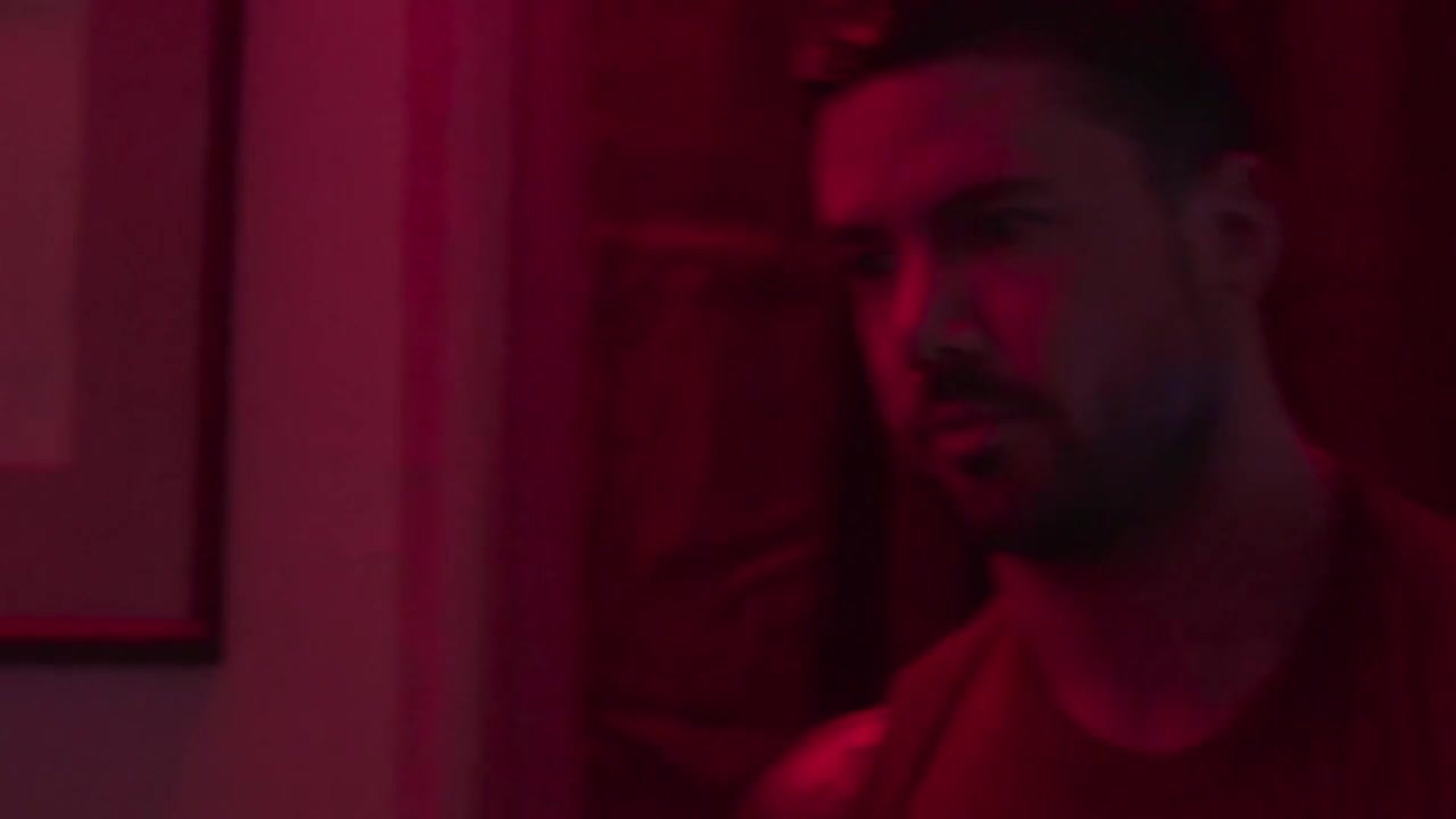film
LGBTQ Drug Abuse Dissected in New Film

Class A sparks a conversation about alarming statistics rarely discussed.
February 28 2019 5:31 PM EST
lumi_rostick
By continuing to use our site, you agree to our Privacy Policy and Terms of Use.

Class A sparks a conversation about alarming statistics rarely discussed.
LGBTQ individuals were more than twice as likely to have used illegal substances than heterosexual people in the past year, according to the National Survey on Drug Use and Health, Yet the connection between drug addiction and the LGBTQ community is rarely brought to the forefront of the conversation.
The new short film Class A sheds light on LGBTQ addicts through the stories of Jenny (Krystal Joy Brown), Dan (Kieran Mulcare), and Brad, played by writer and director Cameron Moir. After a brief sexual encounter with Sin (Joe Putignano), Brad longs for connection but turns to his drug of choice for comfort. Jenny, Dan, and Brad's struggles with cocaine, heroin, and crystal meth, respectively, are depicted in distorted, isolating scenes where their drug of choice is personified. Throughout the short, the characters begin to see the drugs not as a friend but an unrelenting foe.
Class A gives representation to LGBTQ addicts where other films have fallen short. Beautiful Boy, based on the real experiences of straight-identifying Nic Sheff, failed to include his methods of funding his meth addiction -- turning to sex work with men. In the past few months, the overlap has been present not on-screen but in real life. The news that a second black gay man had died of a drug overdose in the West Hollywood home of political donor Ed Buck provides an example of the tragedy of addiction and -- possibly -- abuse of power. At a time when drug addiction is a well-known epidemic, Class A gives a voice to those LGBTQ individuals struggling with the disease and offers a glimpse of hope for recovery. Watch an exclusive clip below.

If you are a person struggling with addiction, visit Narcotics Anonymous to find your local helpline or an NA meeting near you. SAMHSA's National Helpline is also available at 1-800-662-HELP (4357) for free, confidential, 24/7 treatment referral and information.
Charlie Kirk DID say stoning gay people was the 'perfect law' — and these other heinous quotes